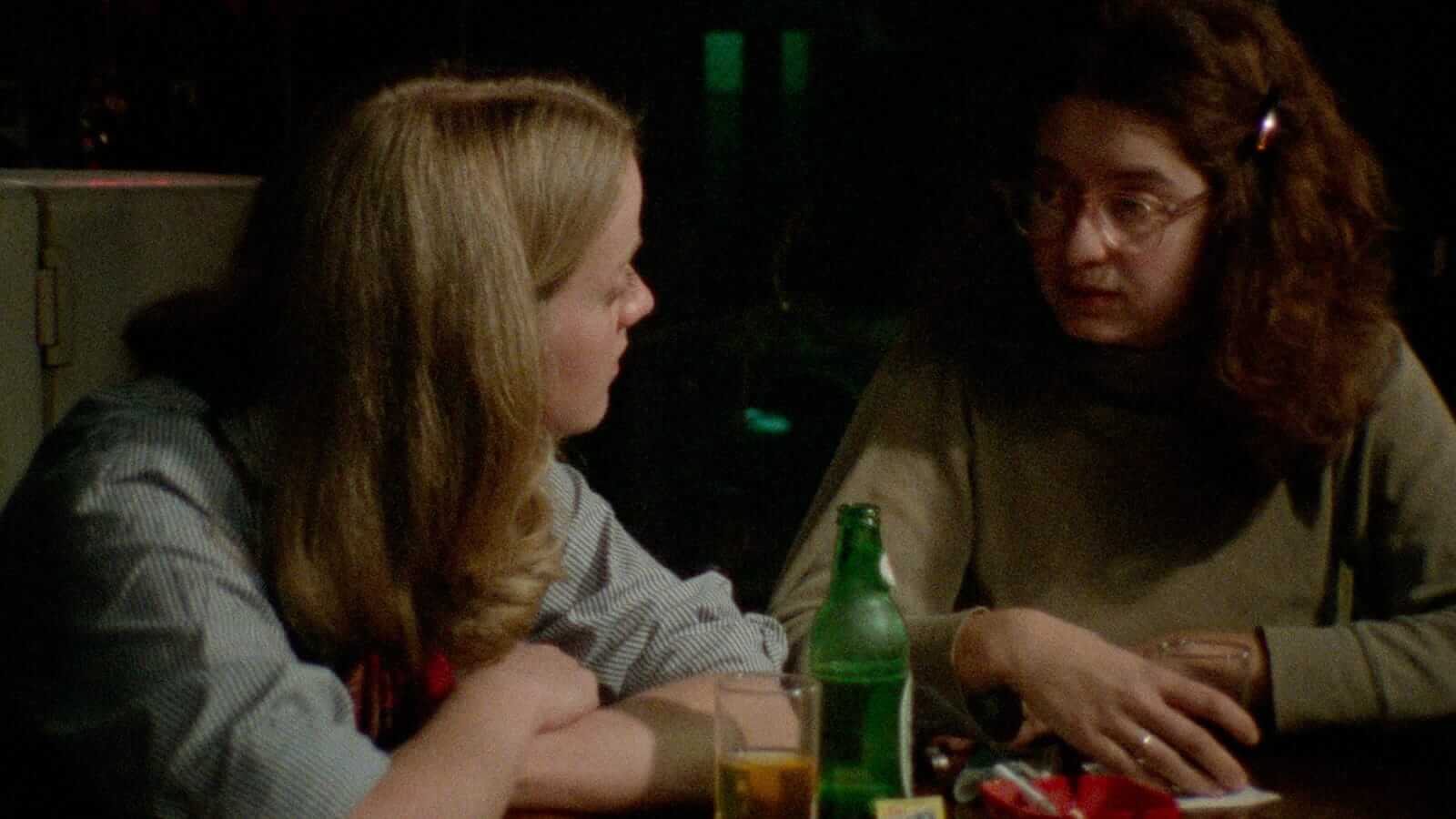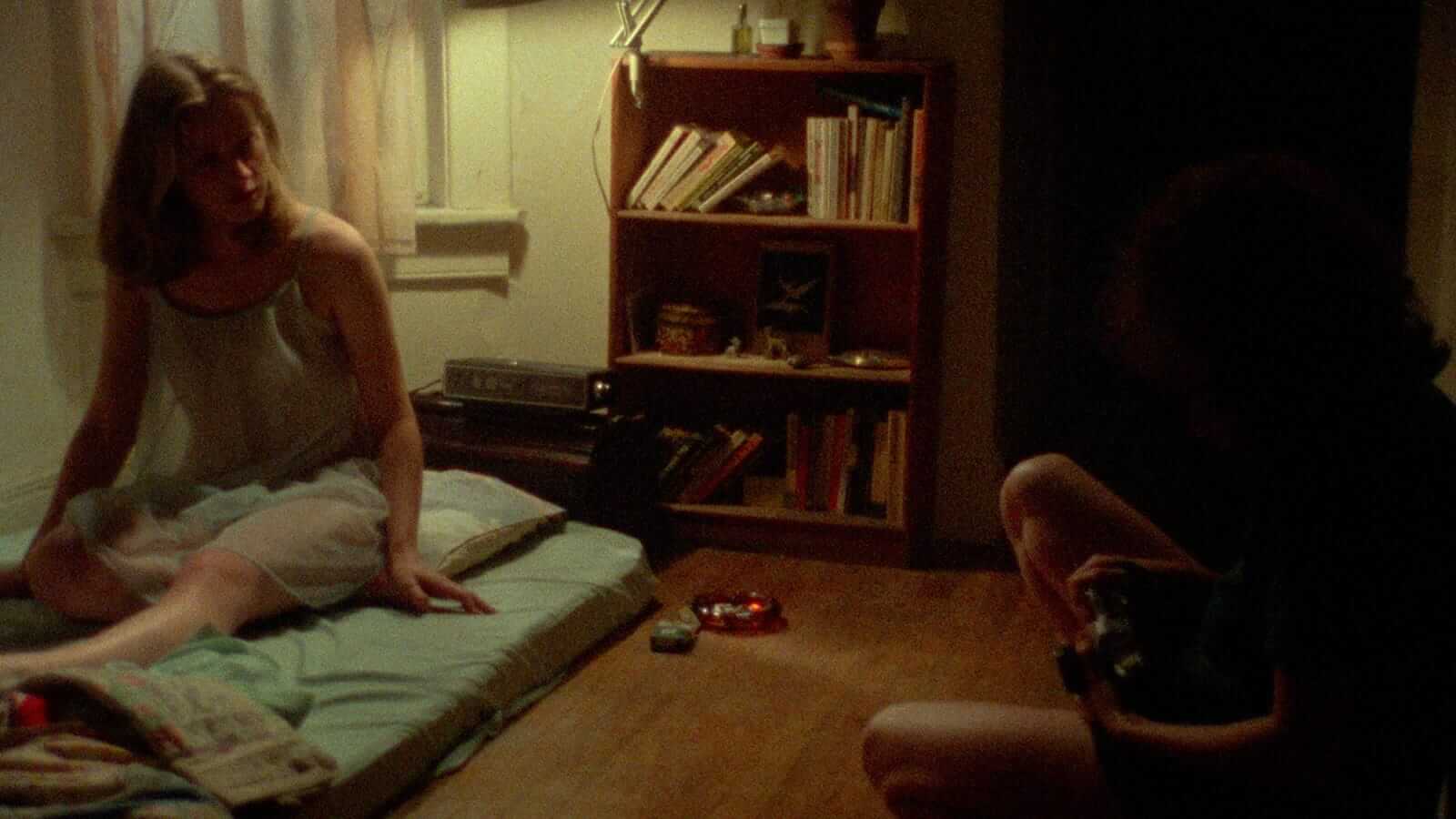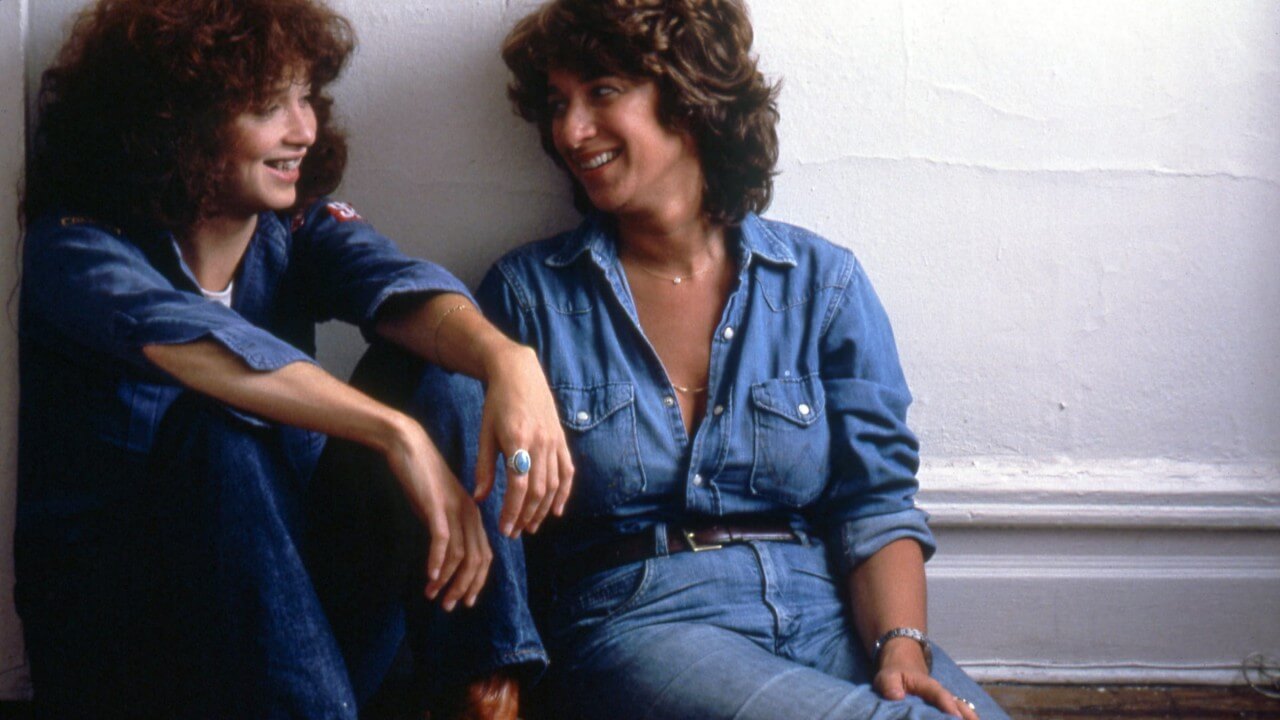Written by Claudia Weill and Vicki Polon, with direction by Claudia Weill, Girlfriends is a 1978 comedy-drama film that is the best movie Noah Baumbach never made. Interesting note: Stanley Kubrick raved about this film in an interview with Vicente Molina Fox, which was conducted during the production of The Shining (1980), and named it his favorite film of 1978 (IMDb).
As accessible and relatable as if it was made last week. This deceptively simple film has a tone and aesthetic that will delight fans of Lena Dunham and Noah Baumbach. I was in no way surprised to see an episode of Girls among Director Claudia Weill’s most recent credits. The plot is simple enough, touching on themes that are still relevant today: when her roommate decides to get married and move away, Susan is left alone in a Manhattan apartment she can’t quite afford. While navigating various types of relationships, she struggles to live the life she really wants.

“I’m gonna be old before I get to do what I want, and by then I’ll have forgotten what it was.” Melanie Mayron in the role of Susan creates a complex and enchanting character who is by turns ambitious, goofy, intimidated, petulant, selfish, enthusiastic, gullible, righteous, wistful, confident, careless… honestly, insert any adjective because this is a fully realized person. She’s a walking contradiction — a photographer trying to gain artistic merit, but forced to photograph bar mitzvahs and weddings to keep the lights on (with varying degrees of success). She’s also a young woman who longs for love and companionship but also strives for independence and self-reliance. Mayron’s performance is natural and intimate. In one scene, we watch her hanging out alone at home, in short shorts, knee socks, and an old t-shirt (sans bra, naturellement), sprawled unselfconsciously and sobbing in frustration through an episode of The Dating Game.

“Young lady, young lady, young lady.” The main friendship at the core of the film is Susan and Anne’s. Anne is an aspiring writer who essentially functioned as Susan’s left arm before she up and married Martin (played by a young Bob Balaban) and changed the friendship forever. Susan’s grief at the loss of her friend is palpable and highly relatable. Even when they see each other, their way of relating to each other is drastically altered. Girlfriends also showcases other relationships between women with a biting accuracy: Susan’s cautious and competitive friendship with Julie, a successful photographer who complains to her about having too much work (#humblebrag); her sort of BFF fling with a flaky hitchhiker that starts as a refreshing change of pace, and soon turns tedious and weird; her encounters with older women acting as the gatekeepers of the art world she longs to enter.

“I like me when I don’t need you.” One of the only clues that this movie was made in the late seventies (and not last week) is the presence of a very young Christopher Guest as Eric, a romantic prospect of Susan’s. It is a role that would 100% be played by Adam Driver in the remake (and may I be put to death for suggesting such a sacrilege). It’s quite fun to watch Guest and Balaban in this film, made long before they were both typecast as completely different characters. Balaban here is kind of a stuffy but believable boyfriend/husband to Anne – he’d likely be played by Mike Birbiglia in the remake (blasphemy again). Guest is just a regular Joe, with nary a quirk in sight. While his character is likable in some respects, he’s also just kind of a dumb guy, and as an audience, we’re not exactly wowed by his charms.

“Dear Aunt Sheryl, thank you for the hideous Buddha, which we will bury.” The script is brilliant, with truly meaningful dialogue that crackles with comedy but doesn’t feel forced or overly clever. Girlfriends was made on a shoestring budget over the course of about a year, shooting just a few days a week, so Claudia Weill had the time she needed to piece the film together and make every moment count. It shows — the movie is full of quietly funny moments and lines that seem improvised but probably weren’t. The visual early on of Susan painting one of her apartment walls bright red while deliberately ignoring a giant, badly patched hole comes to mind, as do the early scenes with Christopher Guest where he and Susan are hopelessly out of sync. Or Anne and Martin showing slides of their honeymoon to Susan — sheer tedium interspersed with the occasional tasteful nude. This humor is realistic to the point of near tragedy.
Girlfriends is a little-seen classic that deserves some serious attention.

